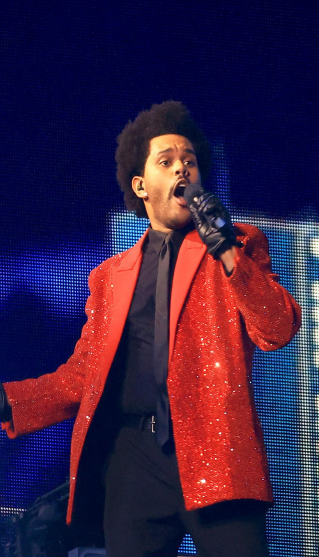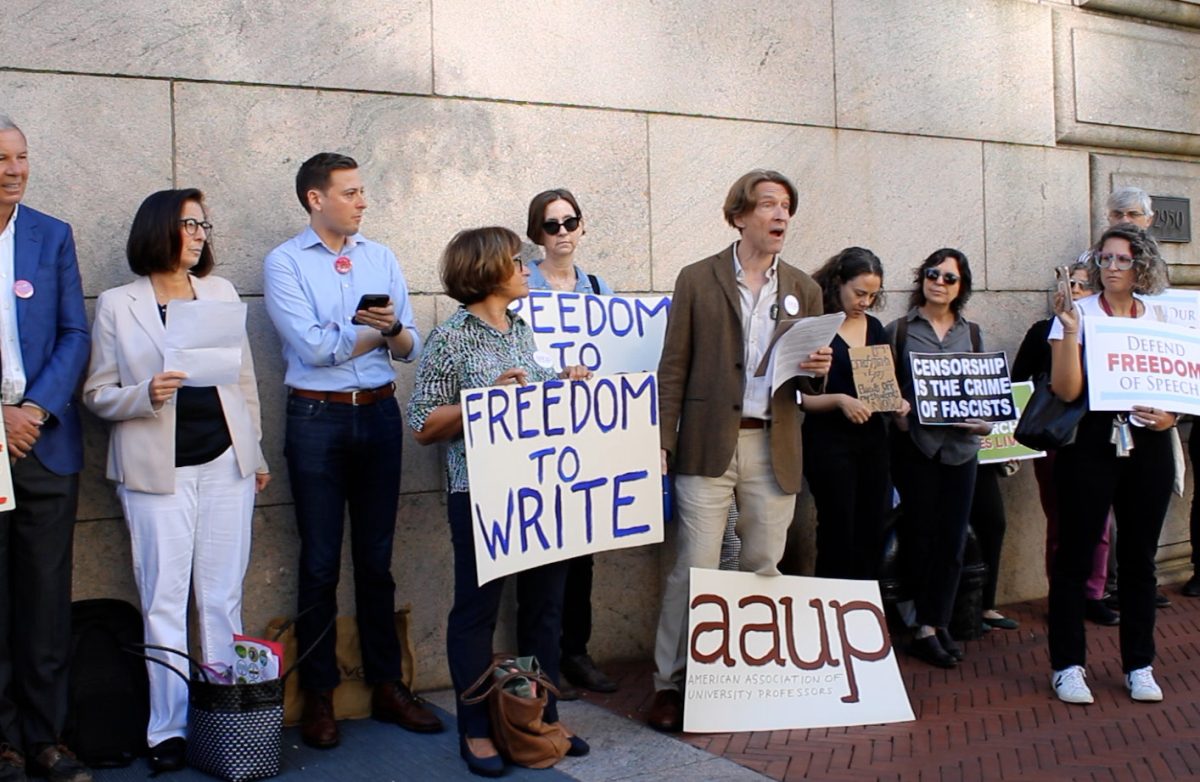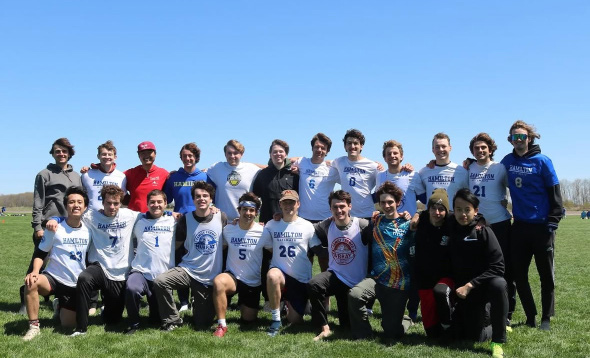
The Weeknd, the R&B crooner hailing from Toronto, Canada, is supposedly wrapping up his career. After the release of two trilogies that were separated by a four-album intermission, The Weeknd, otherwise known as Abel Tesfaye, is hanging up his golden microphone after the release of 2025’s Hurry Up Tomorrow. Even before The Weeknd exploded onto the scene with certified mainstream smashes like “The Hills” and “Can’t Feel My Face” off of Beauty Behind The Madness (2015), Tesfaye maintained an artistic persona, hailing back from his three-peat of House of Balloons (2011), Thursday (2011) and Echoes Of Silence (2011), that took form in The Weeknd. In a fittingly titled GQ article (2021), “The Weeknd vs. Abel Tesfaye”, the artist compares himself to the split-personality of Dr. Jekyll and Mr. Hyde, the classic horror tale in which the latter is the embodied evil version of the former. The Weeknd is apparently Mr. Hyde and Tesfaye is Dr. Jekyll, but in this case, The Weeknd’s Mr. Hyde is a deliberate creation of Tesfaye’s Dr. Jekyll, rather than an uncontrollable subconscious. The Weeknd notes this conundrum in the reality of how his fans often call him by his government name when talking about his artist activities, so where does the boundary between fiction and non-fiction begin and end if his own audience seem unable to grasp that discrepancy?
For a more appropriate literary analogy, look no further than Bret Easton Ellis. The Weeknd is the Bret Easton Ellis of music, more so a musical epitomization of the author’s literary style than any specific character of his. Ellis, the originator of an infamous icon like Patrick Bateman, is known for his pedantic approach to all that is debaucherous: infidelity, drugs, crime, you name it, Ellis wrote a chilly anecdote about it. Beyond the fact that The Weeknd’s Dawn FM (2022) has a song titled “Less Than Zero,” an ode to the Ellis novel, the singer seems to have more than an understanding of its contents. The Weeknd sings, “Now you’d rather leave me than watch me die in your arms,” embodying a sense of victimization despite his self-destructive choices—much like some characters in the book who may feel abandoned by protagonist Clay, who spends a summer in California chasing cheap thrills and leaving heartbreak in his wake.
California has a special resonance in The Weeknd’s climb and subsequent self-described fall. In “The Hills,” the singer describes an episode of hedonistic behavior that shows not only a lack of remorse for others, but for himself as well. Between the braggadocio of committing adultery prior to seeing his significant other and then claiming that, regardless, she will have to accept their relationship at his “tempo,” The Weeknd also highlights the perpetuating futility of overindulgence. Slurring the lines “Drugs started feelin’ like it’s decaf / I’m just tryna live life for the moment” may as well be the mantra of the characters surrounding Clay in Less Than Zero. Ironically, 10 years after resenting those who caused him to relapse in “The Hills,” he desperately wants to return to California in Hurry Up Tomorrow’s “Take Me Back To LA,” where the bass-boosted grunge distortion of his 2015 perspective has now been replaced by idyllic, albeit ahistorical, retrospection.
Ellis and The Weeknd each enjoy a chillingly detached prose as well. Instances of hypersexuality or heightened euphoric pursuit are remarked upon in a disaffected manner that reduce severe lapses in self-control to inevitable symptoms of their characters’ ids. In all its sugary funk, “Can’t Feel My Face” showcases The Weeknd lazily and interchangeably celebrating the numbness of substance abuse and/or carnal abundance on the chorus, while only showing excitement in the verses that glorify this process of degeneracy, effectively belittling its results. Similarly, as faithfully captured by its cinematic adaptation, American Psycho’s (2000), Patrick Bateman intermittently provides narrative dialogue that exhibits a sense of absolute technical proficiency in the incongruously heinous acts that he causes to unfold in front of us.
But The Weeknd is no Patrick Bateman. The sin hides underneath the virtue of a Bateman; the virtue hides underneath the sin for The Weeknd. Hurry Up Tomorrow makes that abundantly clear in its existence—the fact that Tesfaye is choosing to put an end to The Weeknd—and its content. What was once careless disregard with a twinge of nihilism becomes selfless reflection on a song like “Given Up On Me,” where Tesfaye claims that “I’ve been lying to your faces, yeah / I’ve been always wasted, it’s too late to save me,” the last two words of which become a refrain of desperation in the midst of acknowledging the toxicity of his presence. And although tracklist inclusions like “Timeless” show The Weeknd occasionally regressing to his old ways of aggressive masculinity and misbehavior, it is not for long, as these moments of deviation seem to return Tesfaye to a reality where he knows his relevance and popularity are actually not timeless. The Weeknd proclaims on “Without a Warning” that he has left his “guts all on the stage,” hoping that “the crowd will feel [his] pain” until he departs. Knowing that there remains a world where he is forcefully made to retreat from the limelight—such as his panic on the skit “I Can’t F**king Sing” in relation to having to abruptly end a 2022 Los Angeles performance due to losing his voice—The Weeknd would rather go out on his own terms.
In the world of Clay and Bateman, their social environments seem to have had pre-existing demands and expectations of them to live up to. The Weeknd is no different. Some of the singer’s collaborators struggle from the same dissonance of creating a faux persona out of a past reality that inadvertently causes a permanent association. Partners-in-crime like Future and Lana Del Rey maintain values, or lack thereof, that fit into the molds they have created for themselves as artists but have become progressively untenable in actually representing them as people. And the issue here in Hurry Up Tomorrow is that now—like that of a mobster ready to get out of the game—Tesfaye wants to escape The Weeknd before it is too late but the days seem to fold over on to themselves in mindless perpetuation and as his final attempt toward recovery, he must go cold turkey.
















